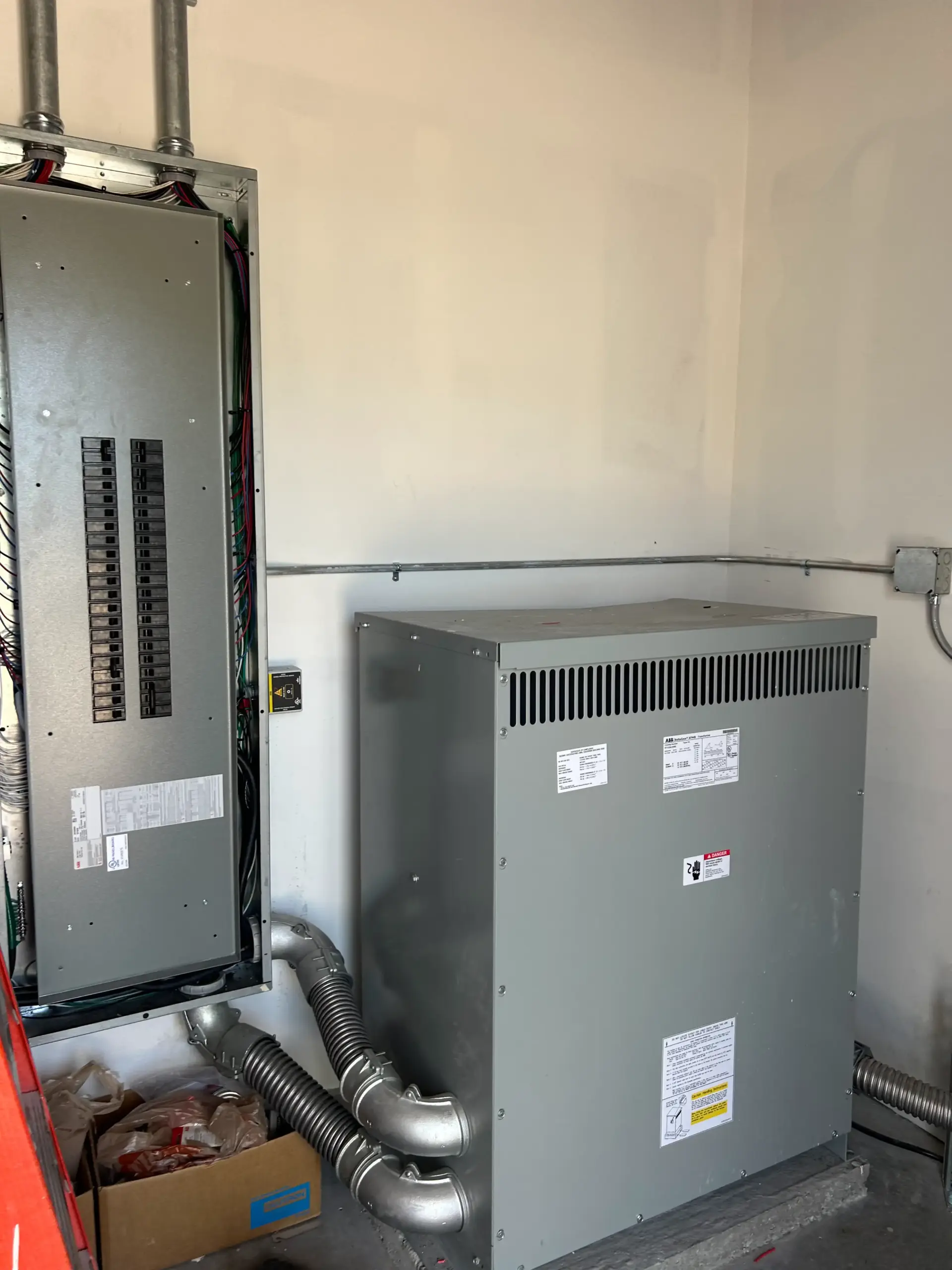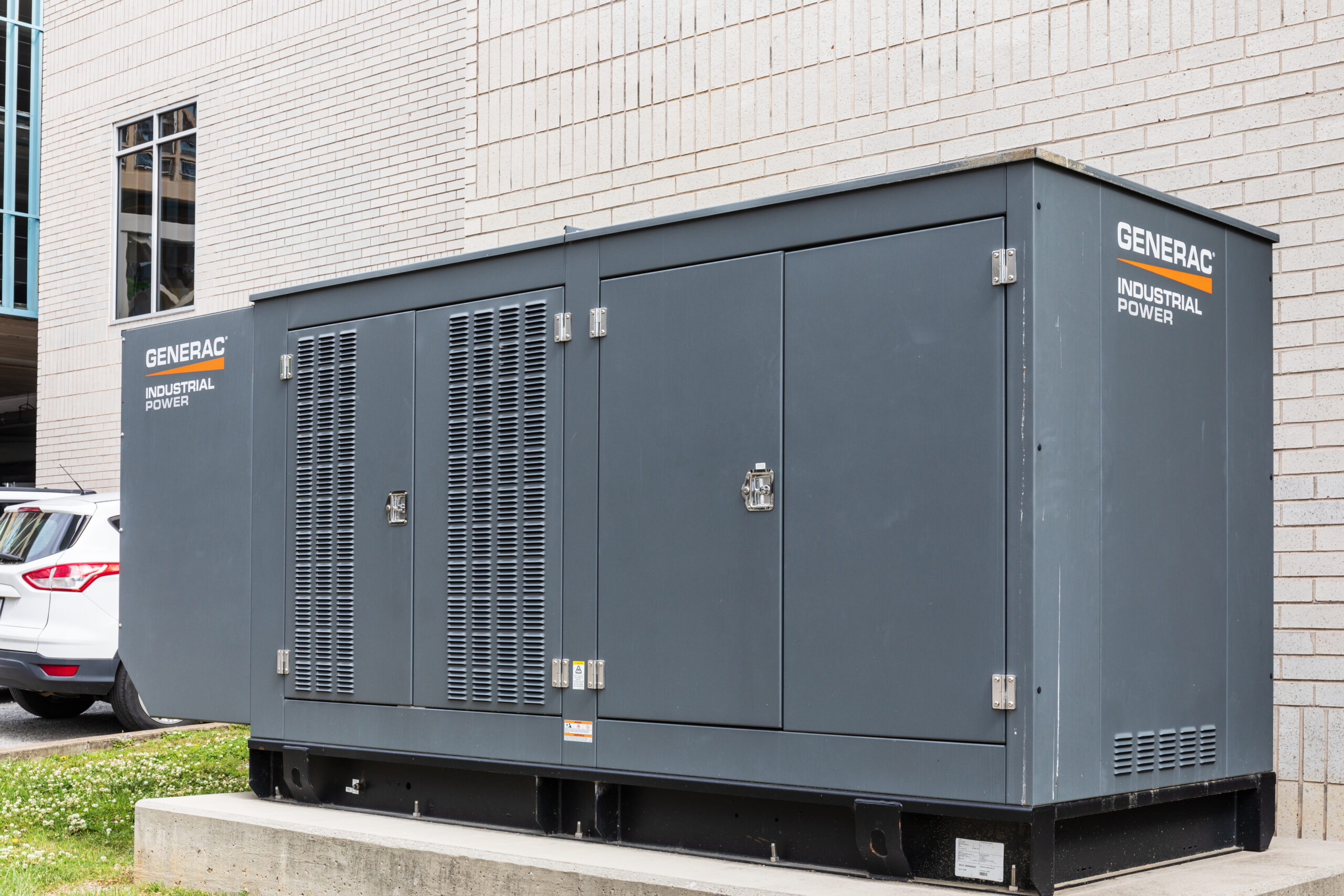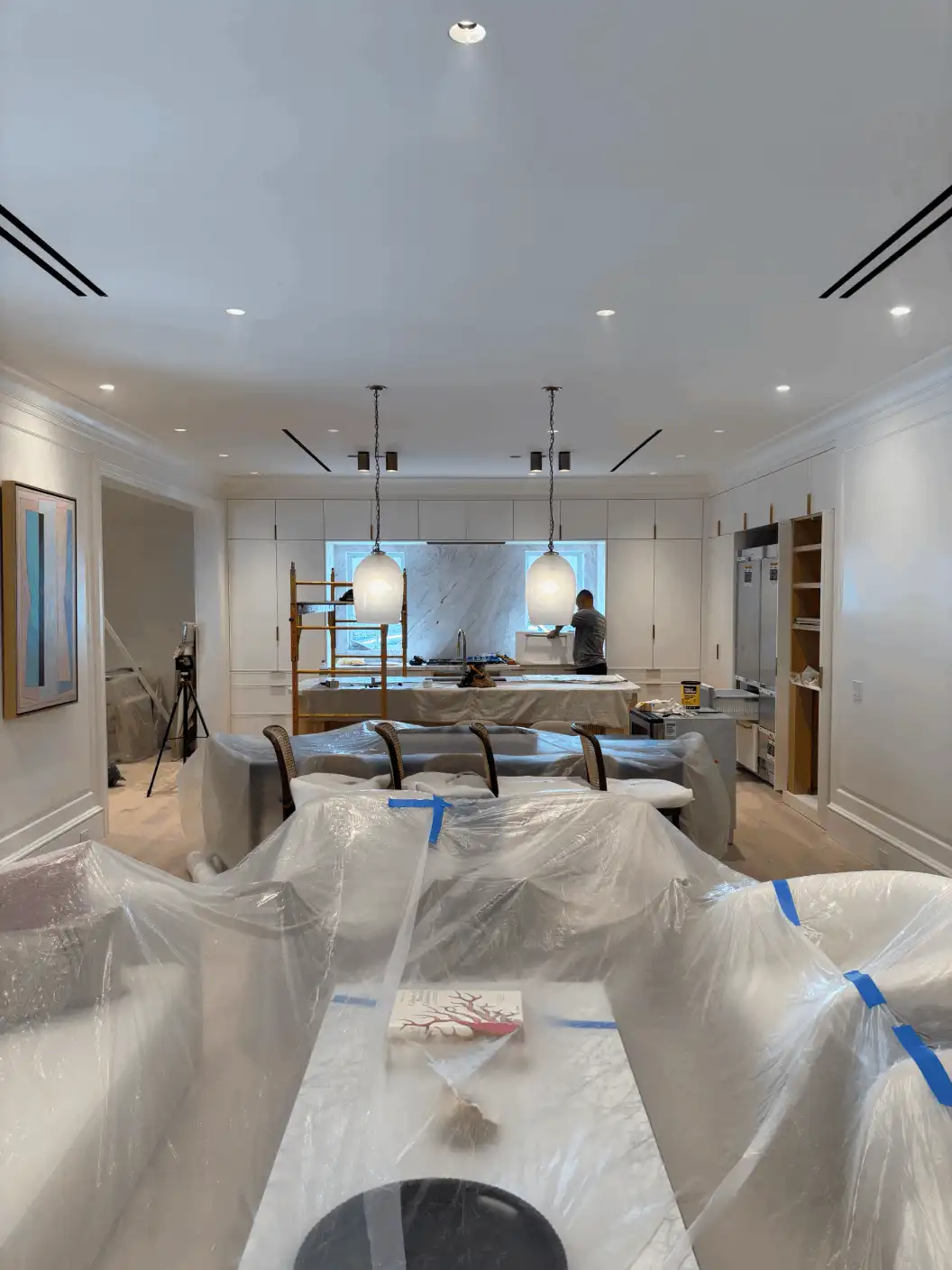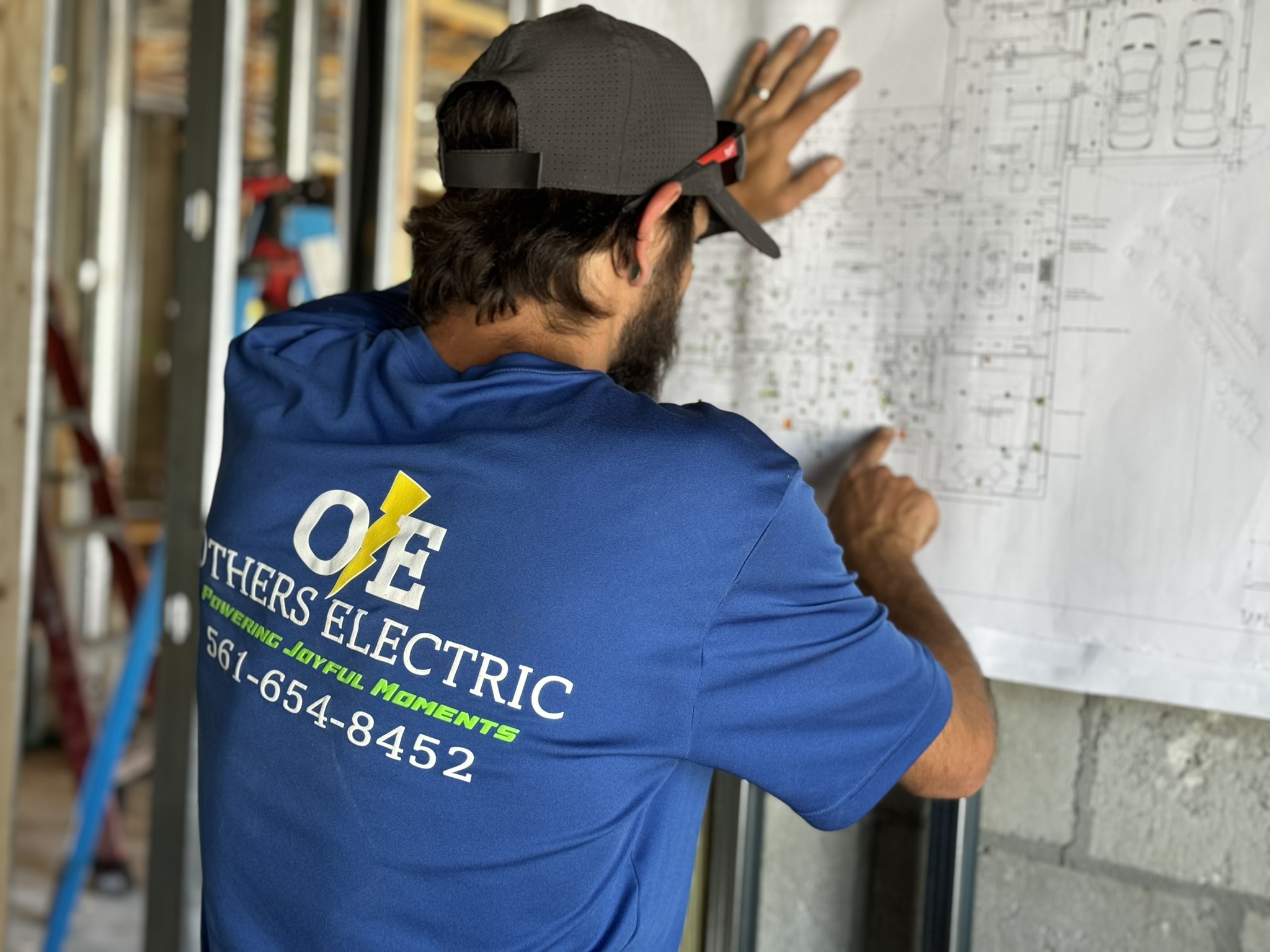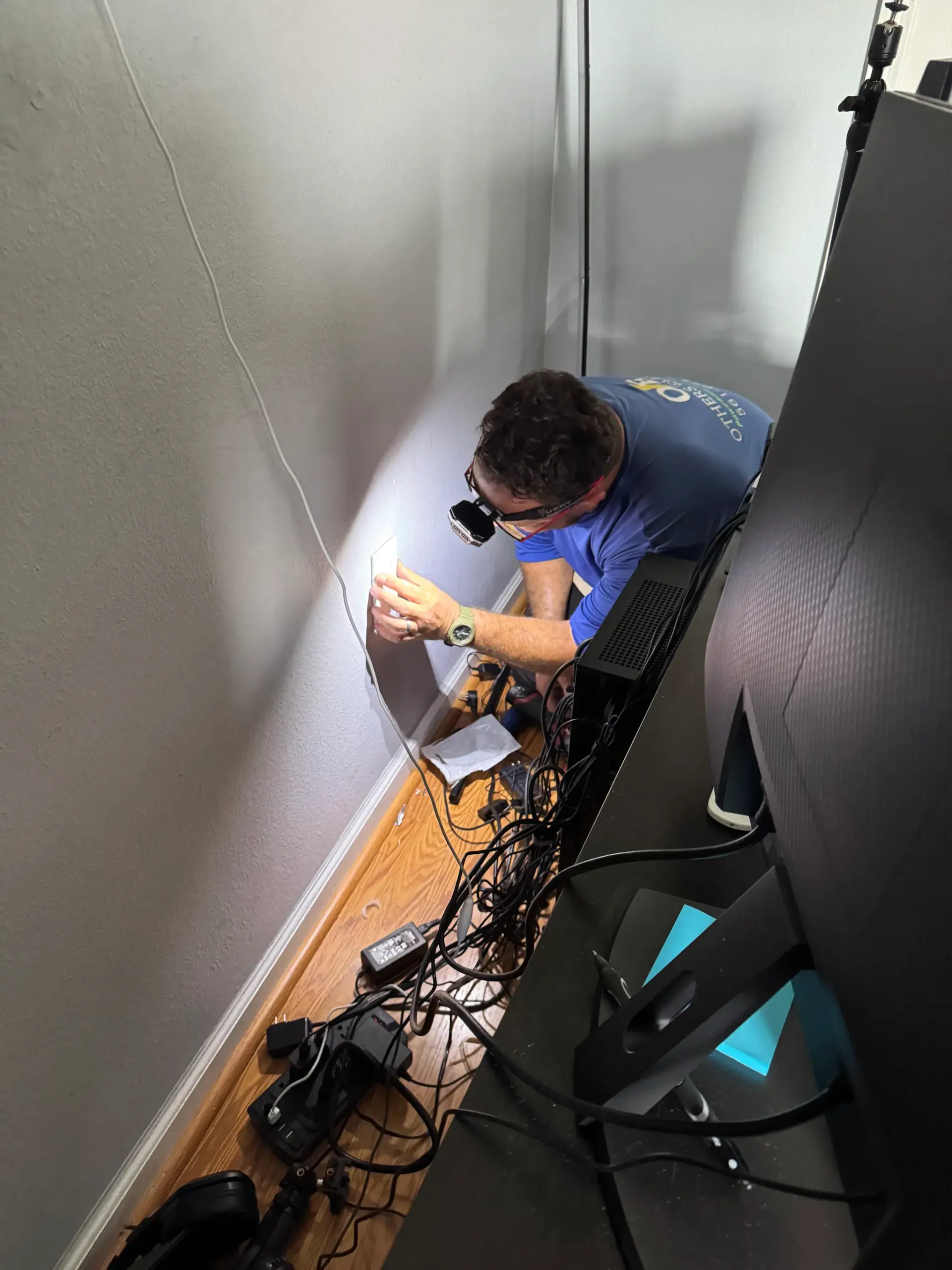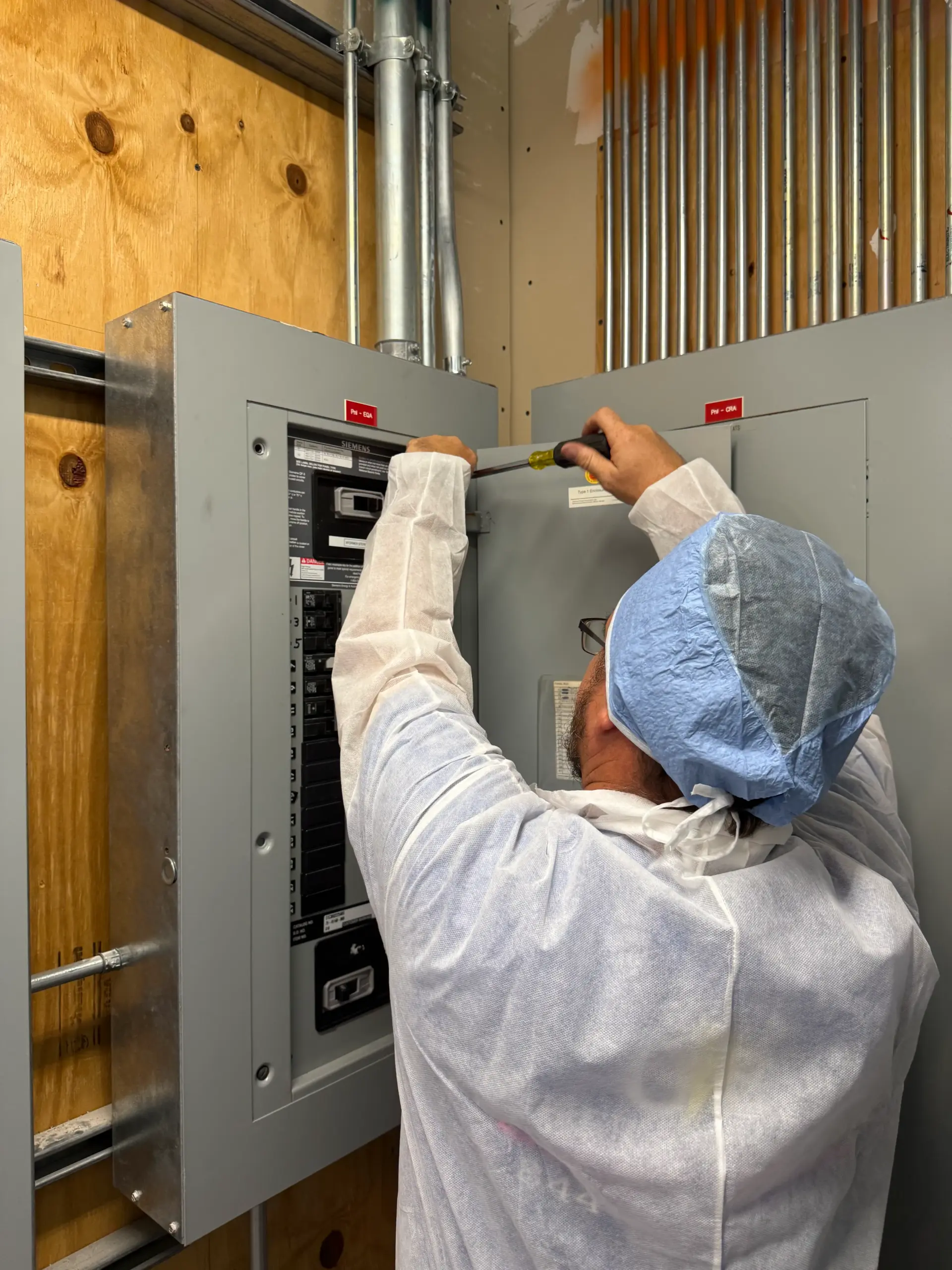Landscape lighting is an excellent way to enhance the beauty, functionality, and security of outdoor spaces. It highlights architectural features, illuminates pathways, and creates a welcoming atmosphere for homeowners and visitors. However, many people are surprised to learn that installing high-quality landscape lighting can be quite expensive. The cost often raises the question: why is landscape lighting expensive? The answer lies in a combination of factors, from the quality of materials to design complexity and installation expertise.
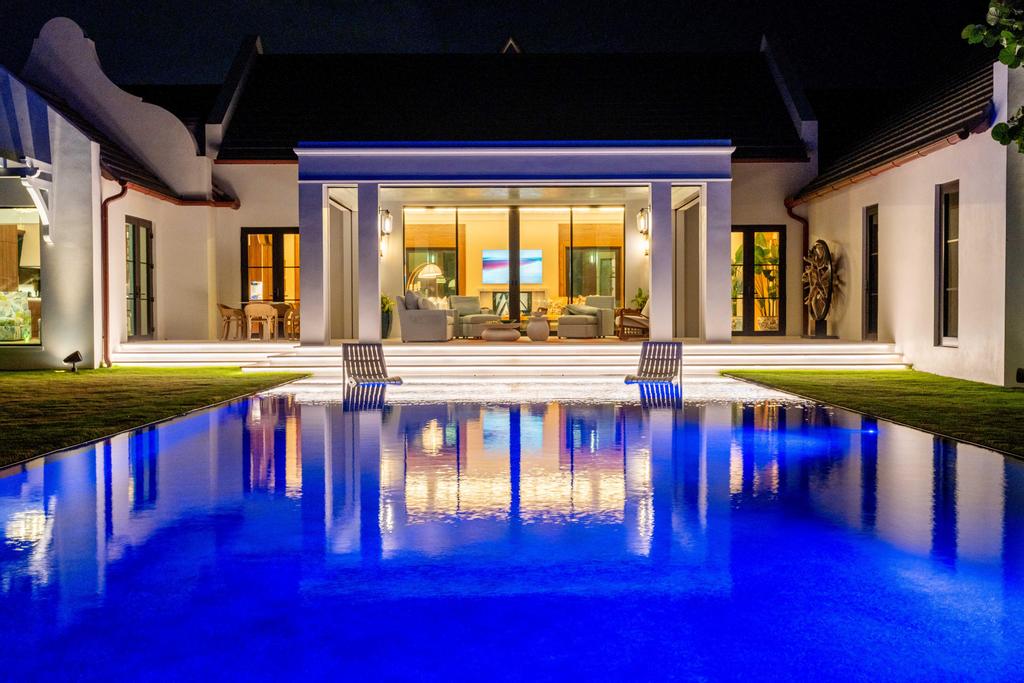
The Importance of High-Quality Materials
One of the primary reasons for the high cost of landscape lighting is the use of premium materials. Unlike standard indoor lighting, outdoor fixtures must withstand harsh environmental conditions, including rain, wind, snow, and extreme temperatures. Manufacturers often use durable materials such as solid brass, copper, or stainless steel to ensure longevity and resistance to corrosion.
These materials not only increase durability but also enhance the aesthetic appeal of the lighting. For example, brass and copper develop a natural patina over time, adding character to outdoor spaces. Additionally, high-quality LED bulbs are typically used for landscape lighting. These bulbs are energy-efficient, long-lasting, and provide consistent illumination, but they come at a higher upfront cost compared to traditional bulbs.

Customization and Design Expertise
Another factor contributing to the expense of landscape lighting is the level of customization involved. Every property is unique, and designing an effective lighting system requires a tailored approach. Professional designers consider various aspects, such as the layout of the landscape, the desired lighting effects, and the homeowner’s preferences.
Creating a cohesive and visually appealing design often involves strategic placement of fixtures to highlight specific features, such as trees, pathways, or water elements. This process requires expertise and creativity, as poorly placed lighting can result in uneven illumination or harsh glare. The time and effort invested in crafting a custom design contribute to the overall cost.
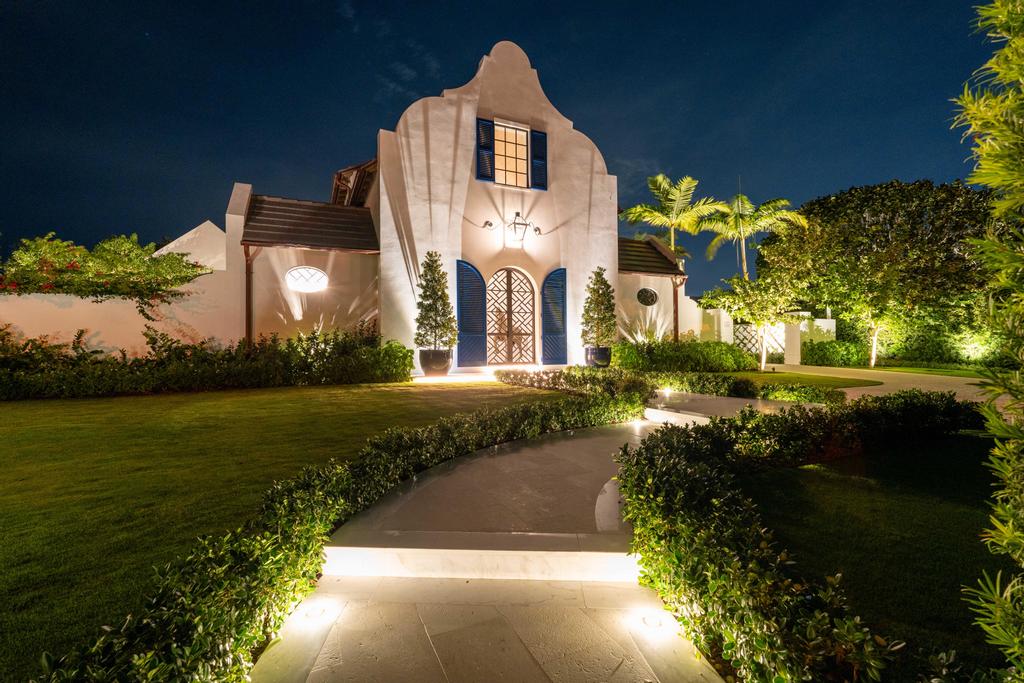
Advanced Technology and Features
Modern landscape lighting systems often incorporate advanced technology, adding to their expense. Many systems include smart controls that allow homeowners to adjust brightness, color, and scheduling through mobile apps or voice assistants. These features provide convenience and energy efficiency but require sophisticated components and software.
Additionally, some landscape lighting systems include motion sensors or timers to enhance security and energy savings. The integration of these features requires specialized equipment and expertise, further increasing the cost.
Professional Installation
The installation of landscape lighting is another significant cost factor. Unlike indoor lighting, outdoor lighting involves various challenges, such as burying wires, installing transformers, and ensuring weatherproof connections. Professional installers have the skills and tools necessary to complete these tasks safely and efficiently.
Proper installation is crucial to ensure the system functions as intended and complies with local electrical codes. For example, improperly buried wires can pose safety hazards, while incorrect transformer sizing can lead to system malfunctions. Hiring experienced professionals ensures these issues are avoided, but it also comes at a premium.
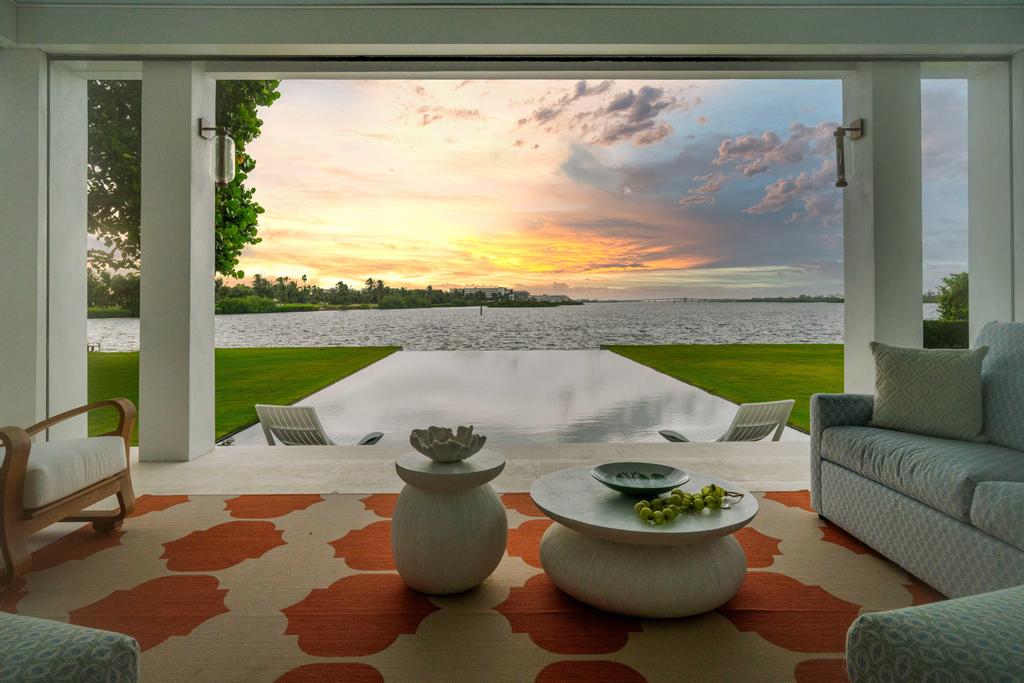
Energy Efficiency and Longevity
While the initial cost of landscape lighting may be high, it’s important to consider the long-term value it provides. High-quality systems are designed to be energy-efficient, reducing electricity costs over time. LED bulbs, in particular, consume significantly less energy than traditional incandescent bulbs, and their longer lifespan reduces the need for frequent replacements.
The durability of premium materials also means fewer repairs and replacements, saving money in the long run. Additionally, well-designed landscape lighting can increase property value, making it a worthwhile investment for homeowners.
Safety and Compliance
Safety is a critical aspect of landscape lighting, and ensuring compliance with electrical codes adds to the cost. Outdoor electrical work requires proper grounding, weatherproofing, and the use of specialized components to prevent accidents such as electrical shocks or fires. These safety measures are essential but involve additional expenses for materials and labor.
Moreover, professional installers are trained to identify potential hazards and address them during installation. This level of expertise ensures the system operates safely and reliably, but it also contributes to the overall price.
Enhancing Curb Appeal and Security
Landscape lighting is not just about aesthetics; it also serves functional purposes such as improving security and usability. Illuminated pathways, driveways, and entry points reduce the risk of accidents and deter potential intruders. The value of these benefits is reflected in the cost of high-quality lighting systems.
For many homeowners, the added security and peace of mind justify the investment. The ability to enjoy outdoor spaces after dark and create a welcoming environment for guests further enhances the appeal of landscape lighting.
The Role of Maintenance
Maintenance is another aspect that influences the cost of landscape lighting. While high-quality systems require minimal upkeep, occasional maintenance is necessary to ensure optimal performance. Tasks such as cleaning fixtures, replacing bulbs, and inspecting connections are essential to prolong the life of the system.
Some homeowners opt for maintenance plans offered by professional installers, which add to the overall cost but provide convenience and peace of mind. Regular maintenance also prevents minor issues from escalating into costly repairs, making it a worthwhile consideration.

Balancing Cost and Quality
While landscape lighting can be expensive, it’s possible to balance cost and quality by making informed decisions. Homeowners can work with professionals to identify priorities and focus on key areas of the property. For example, highlighting a few focal points with high-quality fixtures can achieve stunning results without the need for an extensive system.
Additionally, selecting energy-efficient components and durable materials may involve higher upfront costs but offers long-term savings. Comparing quotes from reputable installers and exploring financing options can also help make landscape lighting more affordable.
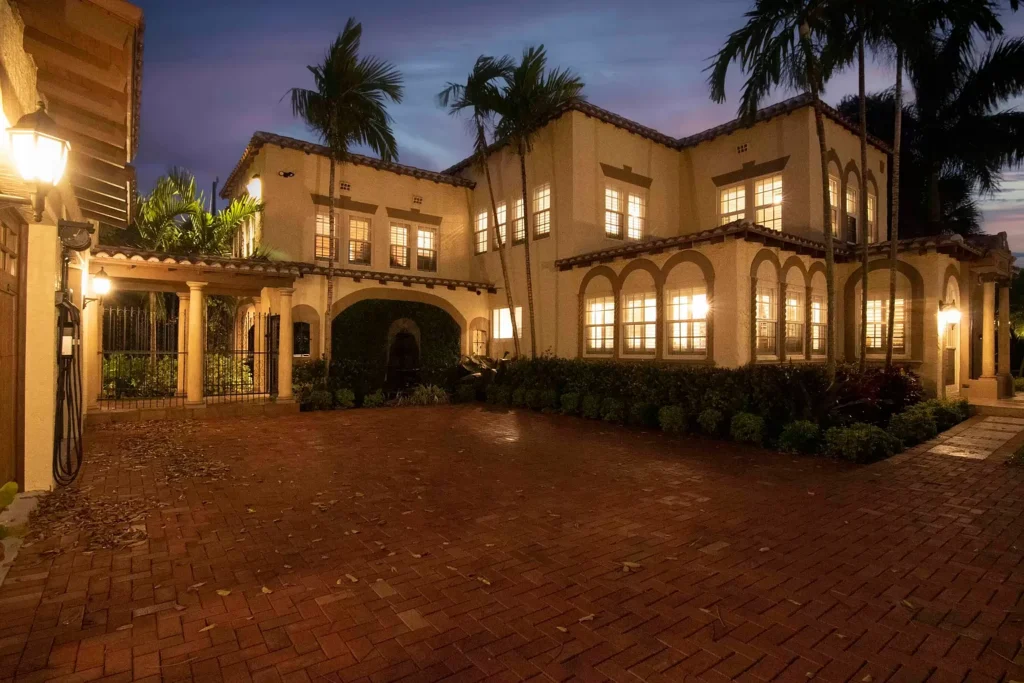
Conclusion
The expense of landscape lighting is a reflection of the quality, customization, and expertise involved in creating a functional and aesthetically pleasing system. From the use of durable materials to professional installation and advanced technology, each aspect contributes to the overall cost. While the upfront investment may seem high, the long-term benefits of energy efficiency, durability, and enhanced property value make it a worthwhile endeavor. For homeowners looking to elevate their outdoor spaces, landscape lighting is an investment that pays off in beauty, functionality, and security. We hope this helps you understand why is landscape lighting expensive.


